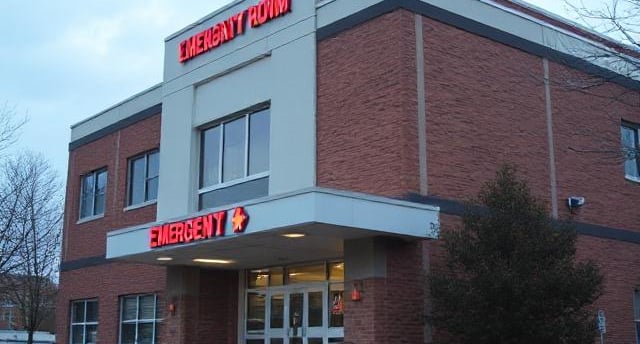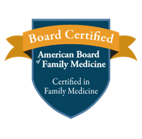When Should I Go to the Emergency Department
Dr. Kristine Tsai
5/18/20253 min read


One of the hardest jobs a physician and their staff needs to consider is how to triage patients, meaning, how do we decide what level of care a patient should get for their current problem or concern. Certain issues are more urgent than others. This Blog article will hopefully help you better understand how we make these decisions in the office.
When a patient calls the office, they often get the message: "if this is a medical emergency, please dial 9-1-1." Now, some medical emergencies are glaringly obvious - someone is suddenly unconscious and doesn't have a pulse or hemorrhaging from a trauma. Most health issues are rather subtle and difficult to tease out (such as certain types of presenting stroke symptoms). This is where your primary care team is going to be your team captain helping you decide where you need to go at that moment.
It is helpful when patients call in or send an online portal message, that they give as much detailed information as possible. If you simply say, "I'm having diarrhea," most often, that might not sound like much an emergency, but someone saying "I'm having large amounts of diarrhea, some blood and mucous, and am feeling very weak and dizzy," that paints a whole new picture regarding the diarrhea and may help us triage you to the appropriate level of care.
Sometimes, we might send you off to ensure you're well, and turns out, the situation was not as dire as it appeared. However, there are so many unknowns when it comes to the human body and disease processes, especially if you are asking a physician on-call or over the phone who has not had the privilege to examine you and run tests. We may choose a higher level of care just in case.
Emergency Care is very expensive. Most of these Emergency Rooms are run by hospitals, and hospital costs, facility fees, among all the costs of every single specialist involved in your care drive up costs. It's typically better if you can prevent the emergency or hospital stay in the first place (which we may or may not have control over) and try to treat symptoms early and observe or manage closely with a primary care team before it escalates into an emergent situation. Emergency care should be used when we are in a situation where your health can decline quickly, and a medical team with special equipment and medications at their fingertips can intervene right away, or we need testing right away to predict or diagnose any severe medical conditions.
One of the barriers to care is when the Primary Care team is "out of office" -- the frustrating 9-5 that many patients lament of their doctor's office hours. This is understandable on many levels, and some offices have begun trying to stagger hours to meet the needs of patients. However, medical personnel do have lives to live and families to be with, so being available for patients 24/7 may be a bit... well unsustainable to a physician's health and mental well-being.
This is where we utilize after-hours care to help us bridge this gap. You can call the physician or nurse on-call (who doesn't treat or prescribe new medication, but more so guide you in the right direction of how to get care) or go to an Urgent Care to get evaluated in-person and get an exam and testing done. You can also go to Minute Clinics where nurse practitioners often help manage simpler issues. Some primary care networks have After-Hours care centers where you can see a primary care physician who are partners of your own familiar physician, but you get to be seen at a time more convenient for you, and your usual physician can follow-up afterwards. This has been very helpful for both patients and physician teams.
In essence, to make sure our Emergency rooms are not overloaded by non-emergent concerns, many in the medical community have been rallying to try to ensure our patients work closely with their Primary care teams to ensure proper, attentive and meaningful care that can be done as an outpatient.
This is still a challenging calling as we go into this next half-century concerned about our loss of Primary Care infrastructure in the US and other parts of the world... but that is a whole other article to discuss, someday.
Primary Care Expertise
Discovering & inspiring wellness and adventures in individuals and communities, delightfully!
BUSINESS CONTACT
BLOG INSIGHT & REVIEWS
info@delightfulmd.com
P: +1.614.468.3118
© 2025 The Delightful MD. All rights reserved.
Dr. Kristine Tsai practices in the Central Ohio Region. Her current in-office practice does not manage and is not an affiliate of or partnered with The Delightful MD. The information presented on this site is for general education, resources and opinion discussions and is not intended to replace the careful and personalized advice from your own physicians - please ensure continuity of your health care with your dedicated health team and contact them with any medical concerns. Site opinions and content cannot be considered legal advice. Scientific content is ever-changing, and educational pieces are only as current as the date posted on the site content or blog. Clinical questions or concerns will not be addressed by the staff of The Delightful MD.
F: +1.888.366.1236
(HIPAA Compliant Fax)


